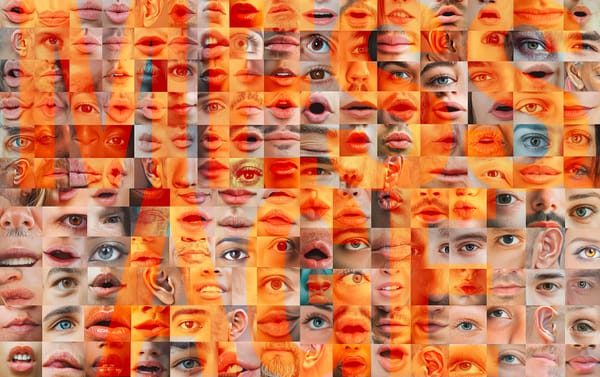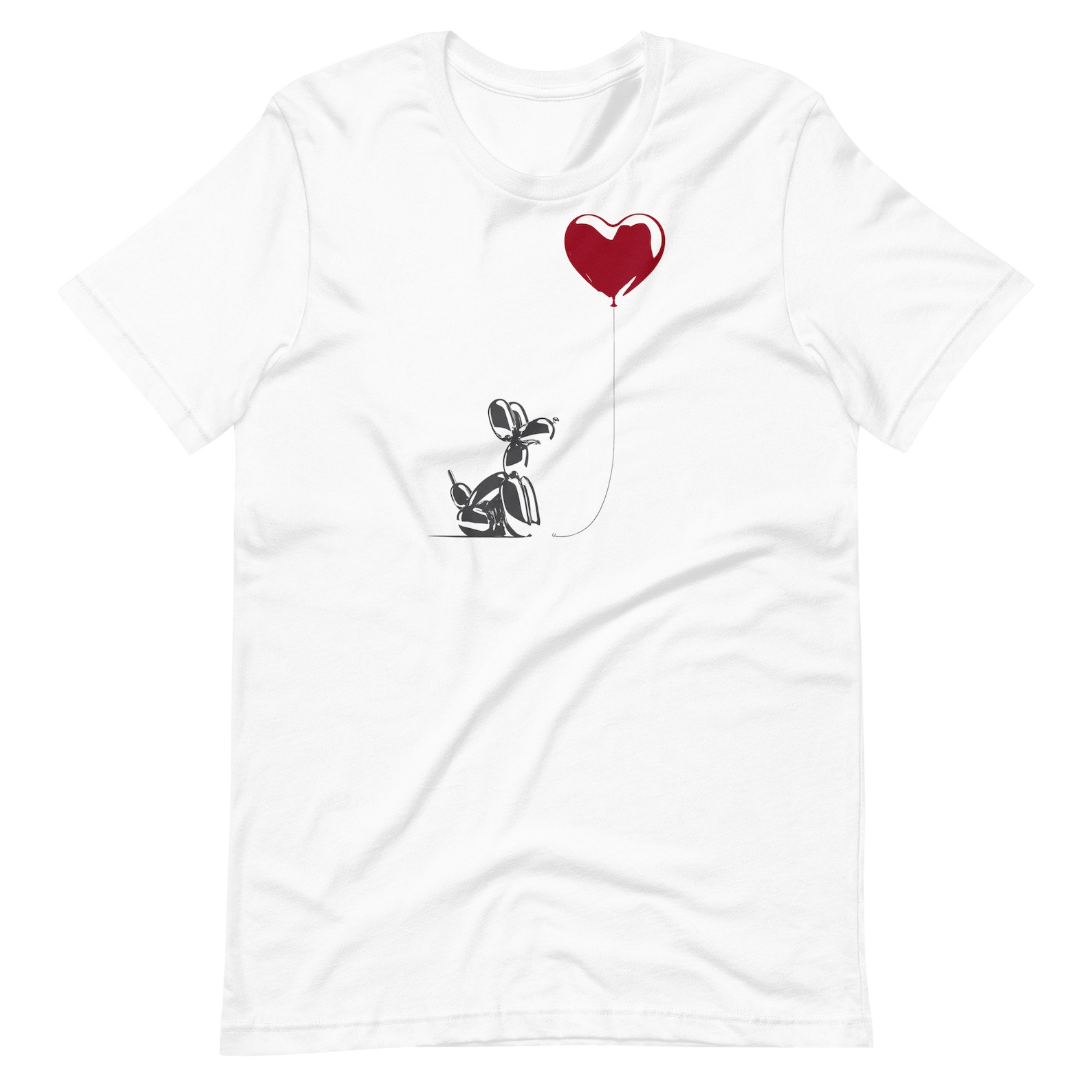Negativity amplified: Countering it with kindness
In our hyper-connected world, it’s crucial to understand how social media has intensified negativity and compromised our ability to connect and empathize with one another. Ironically, the very platforms meant to foster unity often excel at driving us apart.
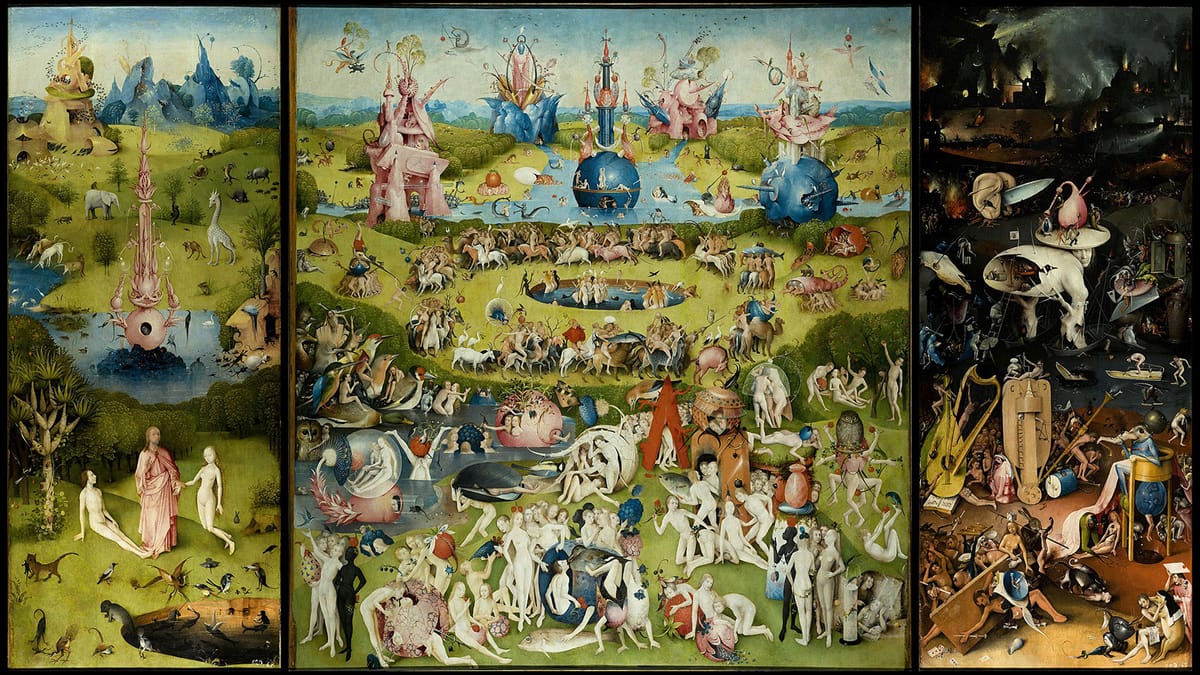
“While every era has challenges, social media allows online trolls to spread hatred and lies virally, impacting everyone.”
Though it’s easy to romanticize the past, each era faces its own difficulties. Social media, however, has undeniably magnified negativity and misinformation—a problem made worse when platforms like Meta’s Facebook and Instagram reduce fact-checking measures while touting their role in building communities. Before the internet age, harmful voices had limited reach; they might have spoken on street corners or distributed a few pamphlets. Even television, despite its flaws, acted as a gatekeeper, screening voices before amplifying them.
Harm still occurred, but it lacked today’s scale and speed. Now, a troll’s message can go viral in an instant, indiscriminately targeting individuals. Bosch’s The Garden of Earthly Delights offers a fitting metaphor, vividly illustrating humanity’s darker impulses—much like the chaos fueled by social media algorithms.
"We used to celebrate those who took action; now, it seems like endless attention is given to those who merely stir chaos online."
In earlier generations, public attention was more often directed at those making tangible contributions—true victims, key players, and real heroes. Today, it can feel as though the spotlight is dominated by those who thrive on discord. Paradoxically, the louder and more divisive the message, the more engagement it draws.
By contrast, figures like Chef José Andrés demonstrate the power of positive influence. Through his organization, World Central Kitchen, he travels to disaster zones, providing food and aid to those in need. His focus on real-world contributions stands in stark contrast to the performative outrage so common online. Heroes like Andrés, who prioritize meaningful action over spectacle, remind us of what truly deserves recognition.
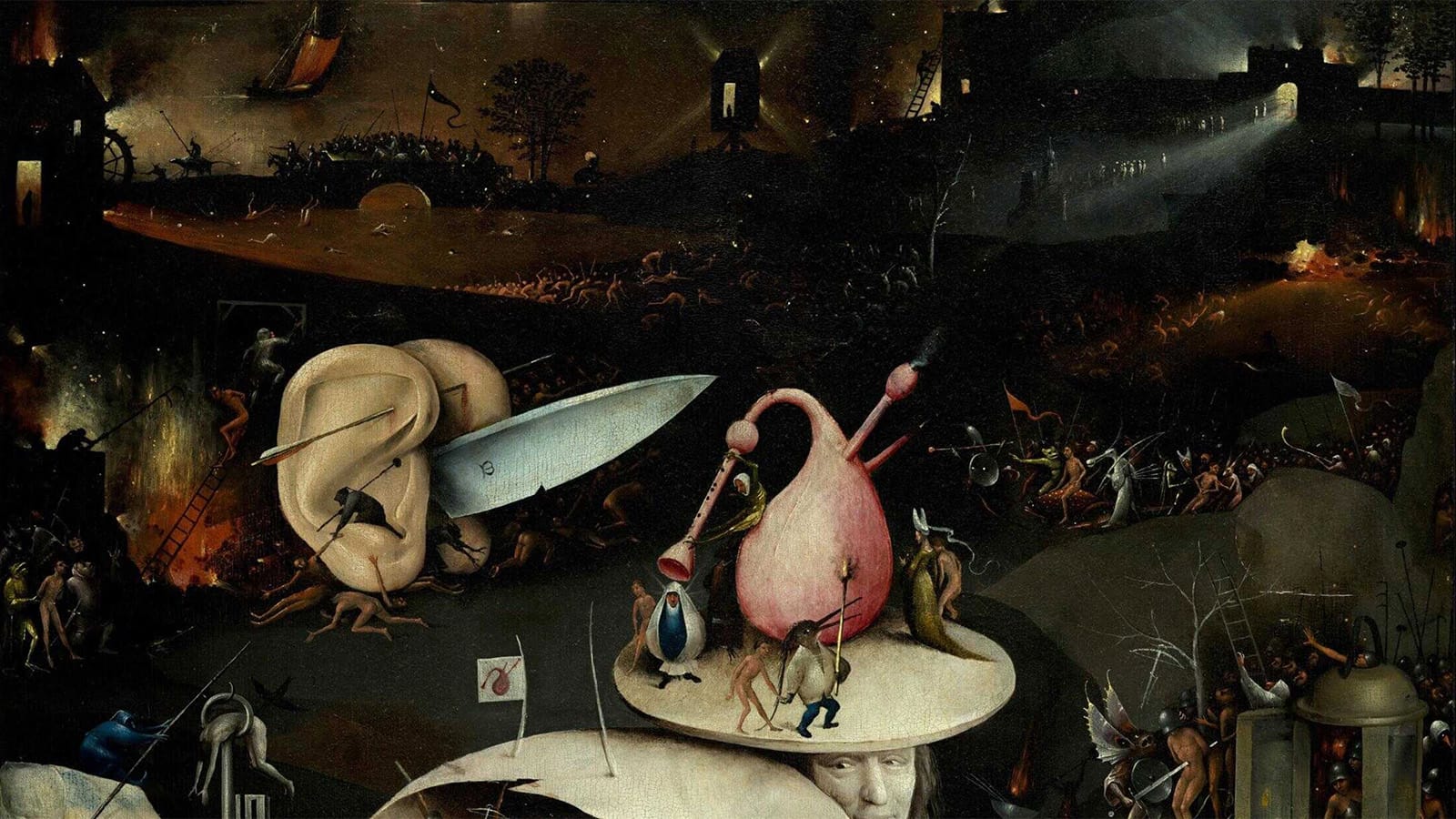
"The past may have felt kinder because it emphasized honorable actions, while today's misinformation breeds distrust and division."
Perhaps earlier times seemed gentler because they celebrated genuine, commendable efforts—or because even small gestures of decency occasionally prompted real good deeds. Today, however, many performative acts serve as self-promotion, encouraged by platforms that reward visibility more than sincerity.
Before social media, a troll’s reach was limited to their immediate surroundings. Now, the very systems designed to connect people magnify negativity exponentially, turning minor grievances into viral upheavals. This flood of misinformation makes it harder than ever to separate fact from falsehood, fueling distrust and division. Yet despite these hurdles, a straightforward solution exists: prioritize action over inaction.
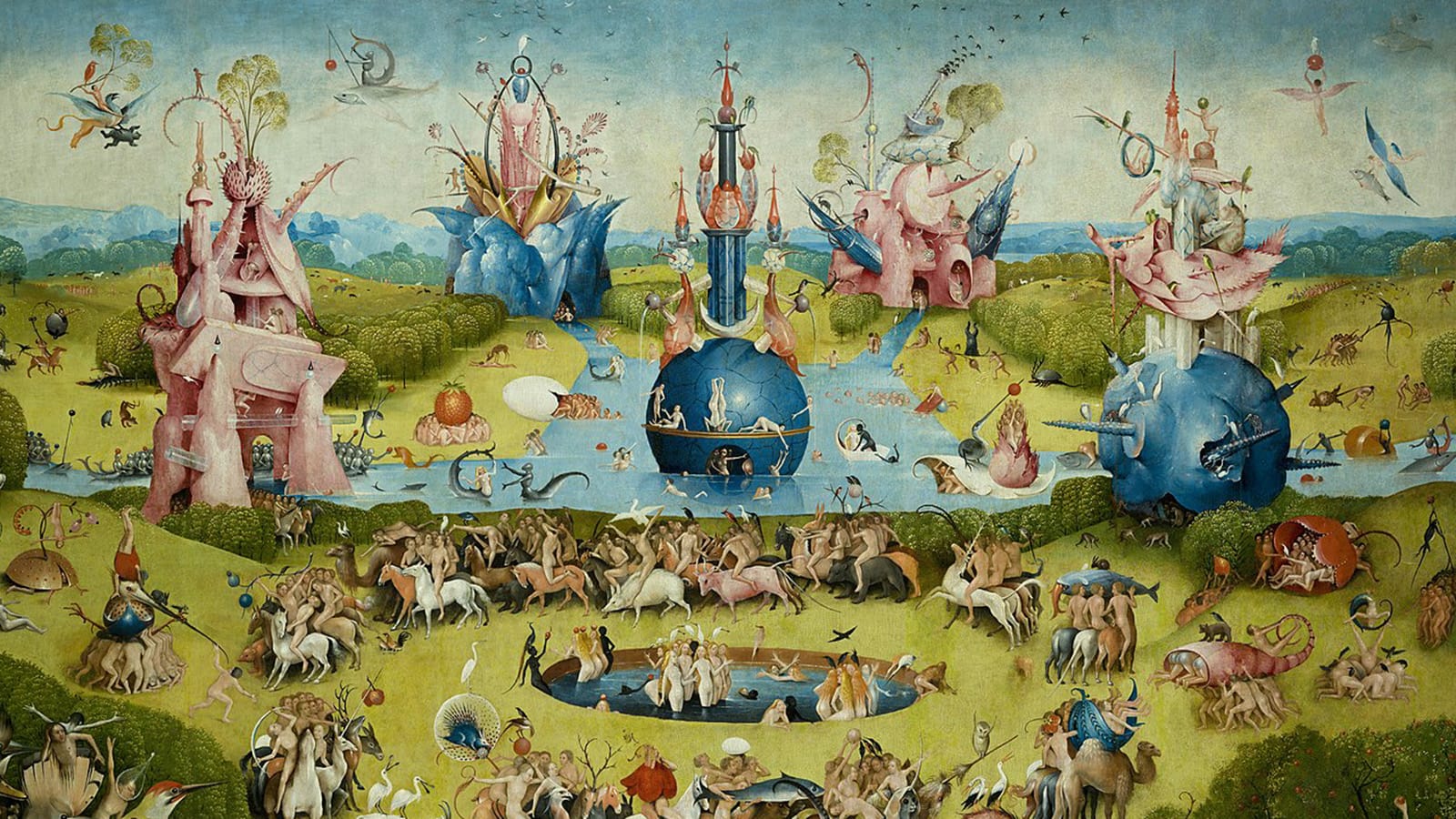
"Reject negativity and focus on helping others; amplify voices of compassion and hope to counter the climate of hatred and misinformation."
Choosing to help others instead of engaging in negativity empowers both individuals and communities. While trolls are inevitable, their influence can be undercut by amplifying messages of empathy and support. The past might have felt more united because people at least tried to do what was right—or because even superficial gestures sometimes sparked genuine kindness.
Though today’s digital landscape can be overwhelming, resignation isn’t the only path. Small, deliberate acts of kindness—donating, volunteering, or even directing someone to the right resource—can ripple outward, creating a culture of cooperation and understanding.
"Even simple acts of kindness, like donating, volunteering, or directing someone to help, can make a difference in building a stronger, more caring community."
Disliking someone doesn’t mean they’re beyond help; encourage someone with greater empathy to step in if you can’t. By emphasizing constructive actions and avoiding needless strife, we can collectively foster a more compassionate, supportive environment.
In the end, social media’s relentless negativity need not dictate how we interact. Focusing on real-world contributions—like those of Chef José Andrés—and embracing small kindnesses can shift the dynamic. The same platforms that divide us can also bring us together, but only if we choose to use them for good.
"Whether it’s sharing resources, volunteering time, or simply passing along helpful information, every act of compassion counts."



